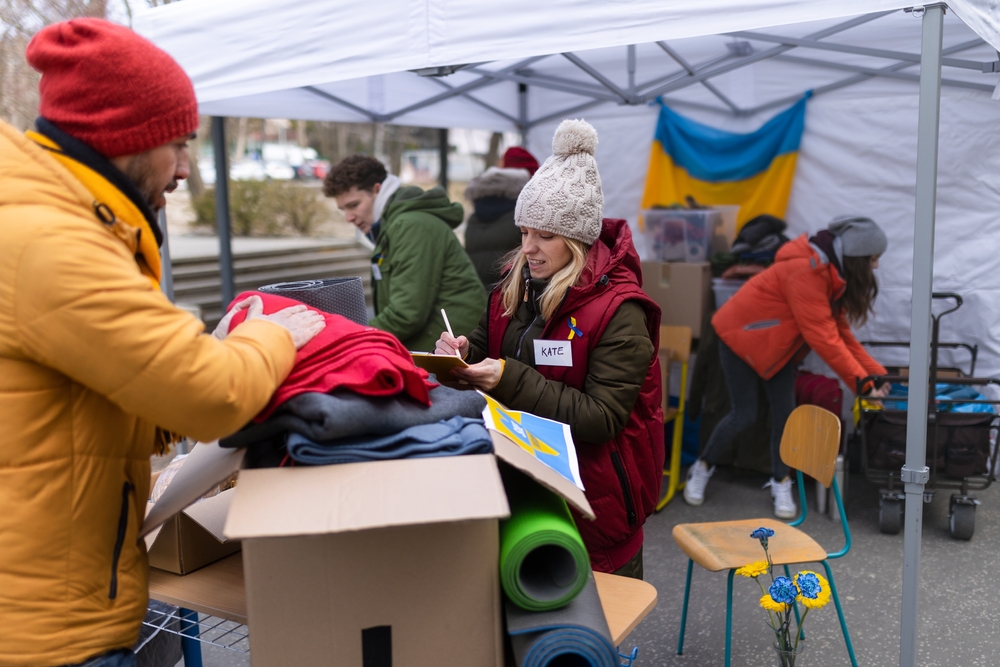The aid provided to Ukrainian refugees who are not working in Germany has sparked a controversy
Others are reading now
The aid provided to Ukrainian refugees who are not working in Germany has sparked a controversy following remarks by Alexander Dobrindt, leader of the Christian Social Union (CSU) parliamentary group in Bavaria.
Germany, alongside Poland, has hosted the most Ukrainian refugees, who receive higher social benefits than asylum seekers, generating heated debates.
Dobrindt’s controversial statement, “Work in Germany or return to the safer western part of Ukraine,” has drawn criticism from both the Christian Democratic Union (CDU), an ally of the CSU, and the Liberal Democratic Party (FDP), an ally of Chancellor Olaf Scholz.
Discontent Over Social Benefits
Ukrainian refugees in Germany receive a social benefit of 583 euros per month, without having to pay rent, leading to dissatisfaction among some politicians.
Also read
Statistics show that fewer Ukrainian refugees work in Germany compared to Poland or the Baltic states, with refugees blaming bureaucracy and issues with diploma recognition.
The Social Democratic Party (SPD) of Chancellor Scholz has refused to alter the current provisions. An SPD official responded to Dobrindt’s remarks, “Mr. Dobrindt wants to send back women and children who may have lost husbands and fathers on the front. The CSU should remove the word ‘Christian’ from its name.”
Broader Implications for Refugee Policy
The scandal has highlighted tensions within Germany regarding refugee aid policies, polarizing public opinion and the political landscape.
The debate underscores the challenges faced by Ukrainian refugees in integrating into the German labor market and the broader societal implications of refugee support according to ziare.
The ongoing discourse reveals deep divides in how best to address and support the needs of refugees while balancing the economic and social interests of the host country.


